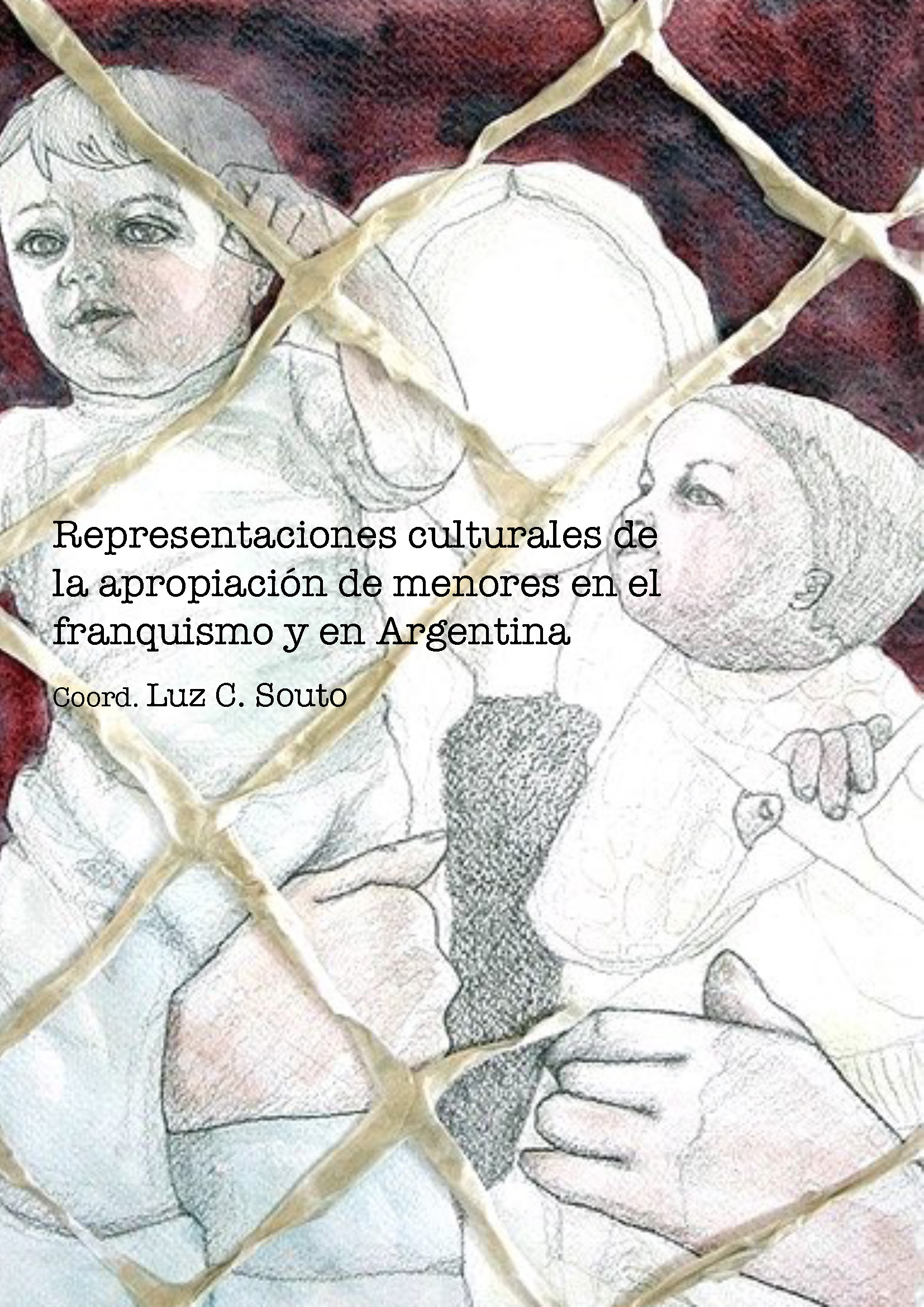“Fiction or death”: Novels of the Children of the Detained-disappeared as Vehicles for Mourning
DOI:
https://doi.org/10.7203/KAM.3.3576Keywords:
Félix Bruzzone, Mariana Eva Pérez, Dictadura argentina, Desaparecidos, Postmemoria, duelo Abstract
Abstract
Resumen:
El presente artículo propone una lectura de las novelas escritas por los hijos de detenidos-desaparecidos argentinos como instrumentos de duelo. A través de la ficción como testimonio, el lector deviene testigo de la vivencia de la catástrofe del narrador, lo que resulta en un acto de rememoración central en el duelo hecho a través de la literatura. Las novelas que analizamos aquí, Los topos de Félix Bruzzone y Diario de una princesa montonera de Mariana Eva Perez, constituyen un cruce de caminos de testimonios: el testimonio heredado de los padres desaparecidos, el testimonio de crecer como hijos de desaparecidos, y el testimonio creado en el lector a través del acto de la lectura.
Palabras claves: duelo, ficción, testimonio,rememoración, desaparecidos.
Abstract:
The present article proposes an understanding of the novels written by children of the Argentinean detained-disappeared as instruments for mourning. Through fiction as testimony, the reader bears witness to the narrator’s living within the catastrophe of the detained-disappeared, resulting in an act of remembrance that is at the very center of the work of mourning through literature. The novels that we analyze here, Los topos by Félix Bruzzone and Diario de una princesa montonera by Mariana Eva Perez, constitute a crossroads of testimony: the inherited testimony of the disappeared parents, the testimony of growing up as children of the disappeared, and the reader’s testimony created in the act of reading.
Key Words: mourning, fiction, testimony,remembrance, disappeared.
 Downloads
Downloads
 References
References
Agamben, Giorgio (1999). Remnants of Auschwitz: The Witness and the Archive. New York: Zone Books.
Blejmar, Jordana (2013) “'Ficción o muerte'. Autofiguración y testimonio en Diario de una princesa montonera ‒110% Verdad‒”. Crítica Latinoamerica.com
Bruzzone, Félix (2008). Los topos. Buenos Aires: Mondadori.
Caruth, Cathy (1996). Unclaimed Experience: Trauma, Narrative, and History. Baltimore: The Johns Hopkins University Press.
Clewell, Tammy. “Mourning Beyond Melancholia: Freud’s Psychoanalysis of Loss”. Journal of American Psychoanalytic Association 52.1 (2004): 43-67.
Demarchi, Rogelio. “Hijismo y alienación” Crítica.cl. (2012).
Durrant, Sam (2004). Postcolonial Narrative and the Work of Mourning. Albany: The State University of New York Press.
Felman, Shoshan; Laub, Dori (1992). Testimony: Crises of Witnessing in Literature, Psychoanalysis and History. New York: Routledge, Chapman and Hall, Inc.
Gatti, Gabriel (2011). Identidades desaparecidas: Peleas por el sentido en los mundos de la desaparición forzada. Buenos Aires: Prometeo Libros.
Kaiser, Susana (2005). Postmemories of Terror: A New Generation Copes with the Legacy of the “Dirty War”. New York: Palgrave Macmillan. “La dictadura en el cine.” Memoria abierta (2011).
Levi, Primo (1989). The Drowned and the Saved. New York: Random House.
Luengo, Ana (2004). La encrucijada de la memoria. Berlin: Edition Tranvia.
Mannarino, Juan Manuel. “Ficción y origen en la narrativa de Félix Bruzzone” Infojus Noticias: Agencia Nacional de Noticias Jurídicas (2014).
Nuckols, Anthony. “La novela contemporánea como instrumento de duelo: Los girasoles ciegos de Alberto Méndez”. Revista Internacional de Estudios Vascos 8 (2011): 180-199.
Pérez, Mariana Eva (2012). Diario de una princesa montonera ‒110% Verdad‒. Buenos Aires: Capital Intelectual.
Ros, Ana (2012). The Post-Dictatorship Generation in Argentina, Chile, and Uruguay: Collective Memory and Cultural Production. New York: Palgrave Macmillan.
Ros, Ana. “Los topos de Félix Bruzzone: Travestis y traidores contra la realización simbólica del genocidio en Argentina.” Confluencia. Revista hispánica de cultura y literatura, en prensa.
Wajszczuk, Ana. “La ficción es liberadora” La Nación (2012).
Downloads
Published
How to Cite
-
Abstract2274
-
Leer artículo (Español)530
Issue
Section
License

This journal provides an immediate free access to the content on the principle that freely make investigation available to the public, which promotes an increased global knowledge exchange.
Unless otherwise indicated, texts published in this journal are under the license Attribution-NonComercial 4.0 by Creative Commons. These texts may be copied, distributed and publicly communicated whenever the publication’s author and title are quoted and whenever they are not used for commercial purposes. In any case, intellectual property of the articles and its potential economic rights entirely belong to its authors.
The full license can be consulted on https://creativecommons.org/licenses/by-nc/4.0/. We encourage authors to disseminate papers published in Kamchatka. Journal of cultural analysis electronically, in institutional digital repository or in their websites.





